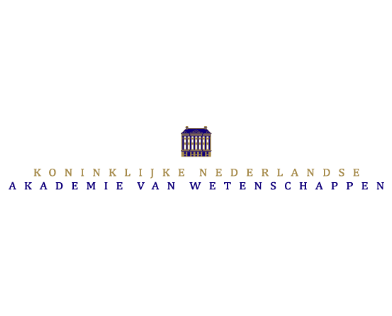Governance
Collaboration between the partners is organised via a governance structure, comprising
- The Executive Board
- The Steering Group
- Various workstreams managing specific pilots in which partners collaborate to develop new services that contribute to Dutch open science, as well as ensuring an optimal process for supporting the open access publishing service
The governance structure steers all the three services, evaluates progress against agreed objectives and oversees compliance with the agreement and its Collaboration Principles.
Collaboration principles
The governance structure ensures that approved pilots adhere to a jointly defined set of collaboration principles related to:
Interoperability and Vendor Neutrality
- Creating a level playing field to ensure that there is no unfair advantage over other providers/vendor. There is no exclusive relationship, and third parties can also co-develop tools and services. Institutions decide to make use of services at their own discretion. The use of (international) standards and common APIs ensure interoperability.
Transparency, Inclusion and Collaboration
- The services are aimed to make research more transparent, efficient, inclusive, openly and freely accessible and collaborative allowing for the broadest possible audiences to participate. Use of (international) standards enable third parties to collaborate.
Access to research data
- Elsevier will give enduring access during the term of the agreement to all research data which has been input, uploaded or created by or on behalf of the institutions. The ownership of outputs and metadata does not change because of this agreement. Institutions’ data will always remain with the institutions/academics. Institutions/academics will always decide what third parties such as Elsevier can or cannot do with this (meta) data.
Data Portability
- The institutions can transfer data that they have uploaded to or created on the Open Science Services at any time to their own or to a third-party host environment. Even after the expiry date of this agreement, the data uploaded and hosted by Elsevier will remain accessible to the institutions and their authorized users for another six months. Use of standards and common APIs ensure efficient ways of data portability.
In the Pilot Framework templates evidence is provided HOW the pilots will adhere to the agreed collaboration principles. In the evaluation document it will assessed if the pilot did comply to the principles. The complete text of these principles can be found in the agreement (schedule 5, section 2.1)
While the Executive Board oversees the overall objectives of the agreement, the Steering Group reviews and approves suggestions for new pilot ideas, ensures compliance with the collaboration principles, evaluates the pilots following the pilot phase and when successful “promotes” the pilot to a Service.
Executive board
Public partners: Tim van der Hagen (UNL), Peter-Paul Verbeek (UNL), Wiro Niessen (NFU), Arfan Ikram (NWO/ZonMW)
Elsevier: William Rubens, Laura Hassink, Theo Pillay
Steering group
Public partners: Darco Jansen (UNL), Lieuwe Kool (NFU), Alastair Dunning (UNL), Hubert Krekels (UKB), Arjan Schalken (UKBsis), Jeroen Sondervan (NWO)
Elsevier: Charon Duermeijer, Jimmy Norfolk, Marinus Dijkstra, Max Dumoulin, Guillaume Warnan, Joep Verheggen
A more detailed overview of the roles & responsibilities within the governance structure can be found in schedule 5.1. of the agreement
On data privacy
Respecting and protecting institutional and personal data and privacy are priorities for Elsevier.
You can read more about Elsevier’s commitment to data privacy and the journey we are on in this article.
This agreement was developed and is governed jointly by UNL (VSNU), NFU, NWO, Elsevier
UNL
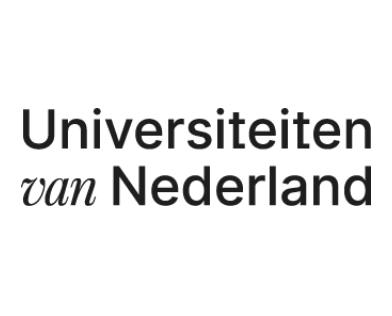
NFU
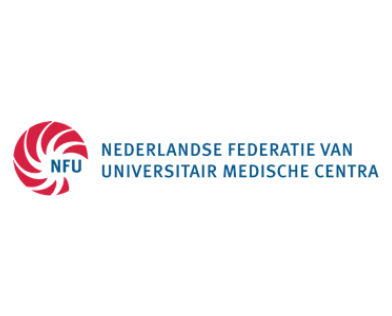
NWO
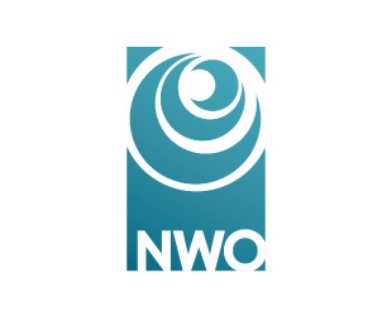
Elsevier
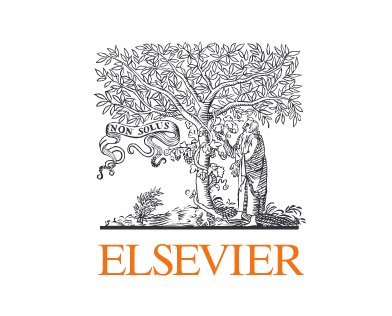
Partners benefitting from the services: VH, KNAW
VH
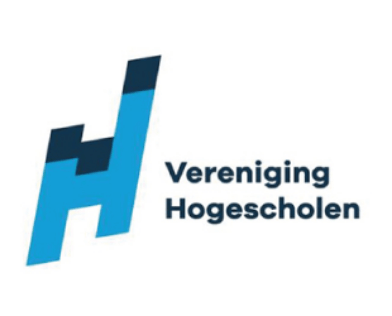
KNAW
